The importance of dietary management of rabbits cannot be overemphasized.
Rabbits have a unique digestive tract which requires copious amounts of appropriate longstem fiber, limited commercial pellets, and fresh greens. This is best provided in the form of grass hay – namely timothy, orchard grass or oat hay. Substituting hay with hay cubes is not sufficient for adequately maintaining proper gastrointestinal motility and digestion.
Grass hay is the most important component of any rabbit’s diet. Clean hay should be available at all times. This can be offered in a hay feeder, bowl, one end of a litter box (provided it is kept clean and free of urine and fecal pellets) or in a separate box. Most bunnies will readily recognize the difference between their litter box bathroom and their hay box kitchen.
The benefits of feeding hay include:
-
Improved gastrointestinal motility
-
Improved passage of normal hair accumulation which is ingested when grooming
-
Improved weight management
-
Enhancement of normal bacterial flora in the cecum/hindgut
-
Enhancement of normal dental wear and decreased need for corrective dental surgery (Did you know that rabbits who eat hay chew in a wider lateral excursion than those eating primarily pellets? This helps remove sharp and painful points on their teeth.)
In addition to hay rabbits should be fed an appropriate timothy hay based pellet such as that made by Oxbow or Sherwood. They should be fed no more than 1/4cup per 5lb body weight per day. Limiting pellets will further encourage the bunny’s consumption of hay and help them maintain a lean body condition. Obesity is a serious concern for many pet rabbits which can lead to a sedentary lifestyle, bladder sludge and osteoarthritis.
Lastly, rabbits should be offered fresh greens daily. They can be given approximately 1 cup/5lb body weight twice daily. Appropriate greens include leafy lettuces such as spring mix, romaine, green and red leaf, endive, escarole and butter crunch. Dark greens such as kale, collard greens and spinach may be too high in calcium content which can contribute to calcium carbonate sediment or stones settling in the bladder. Fresh greens are an excellent source of vitamins and minerals. They also provide a significant amount of water which is critical to urinary health.
Speaking of water, fresh water must be available at all times. Some studies have indicated that bunnies drink more from a bowl than a bottle. Either source should be constantly available and changed daily. The bowl or bottle should be cleaned daily with soap and water to prevent the growth of harmful bacterial organisms.
Fruit should not make up any significant part of the rabbit’s diet. Fruit is high in sugar which not only contributes to weight gain, but can also alter the bacterial flora in the rabbit’s hindgut. That change in bacteria can lead to gas production, diarrhea and abdominal discomfort. Any discomfort can further lead to potentially life threatening GI stasis. I recommend staying away from all fruit entirely and treating your bunny with healthy fresh greens. Many bunnies have been taught to come when called or do tricks for the positive reward of their fresh greens. If they are not overfed pellets or other “junk foods” they will be motivated by these healthy treats.
These simple guidelines will help keep your bunny healthy.

